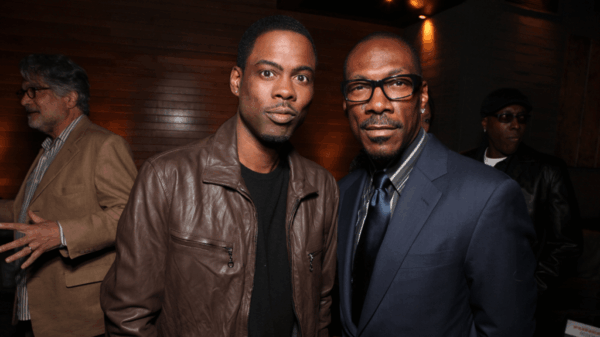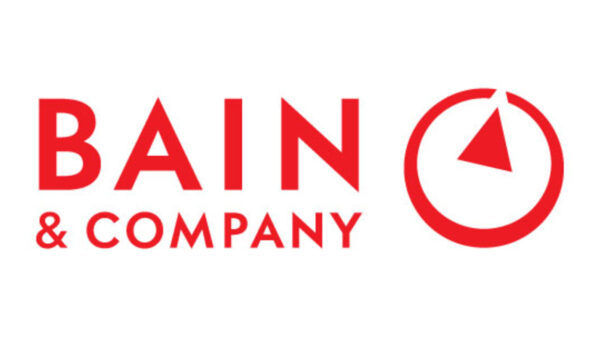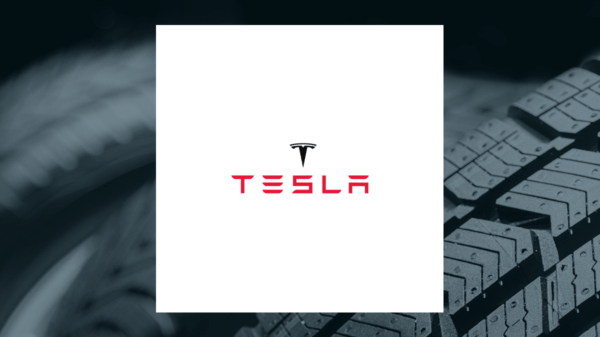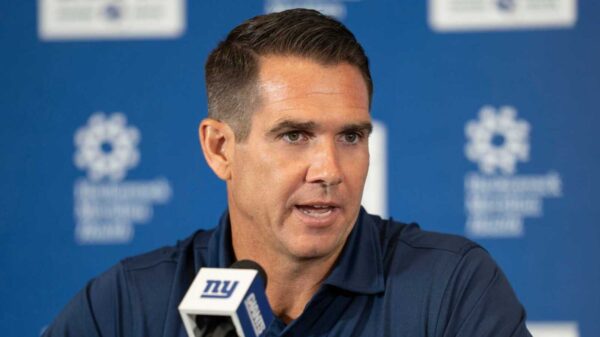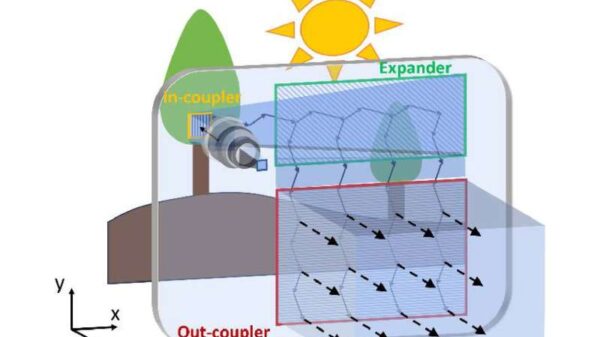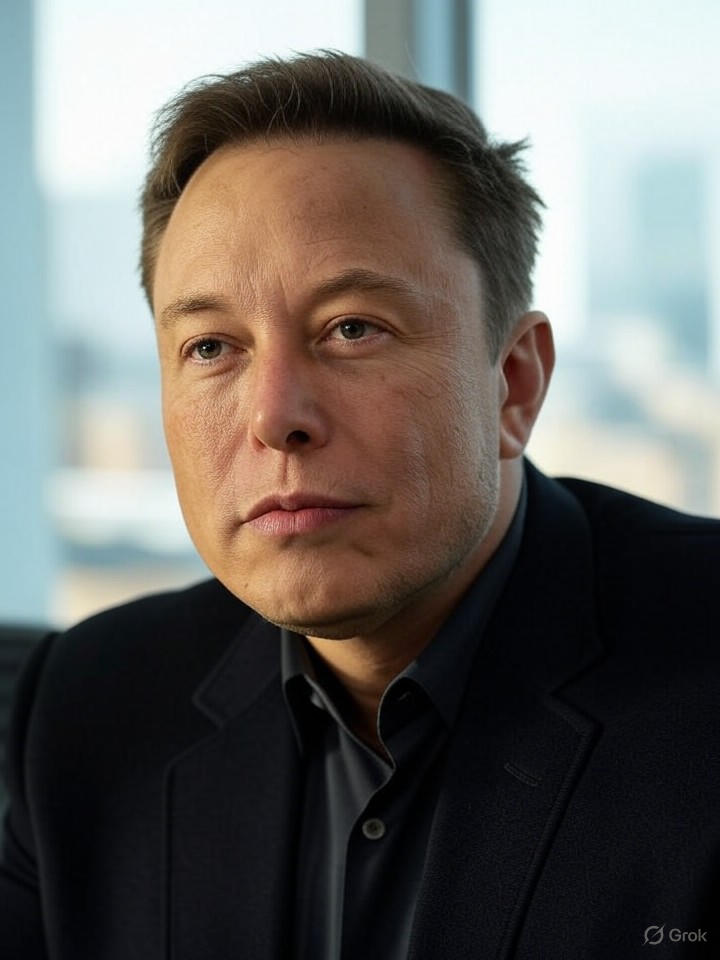Elon Musk’s artificial intelligence startup, xAI, has officially dropped its designation as a public benefit corporation (PBC), raising questions about its commitment to societal benefits as it pursues aggressive growth strategies. Founded in 2023 in Nevada, xAI was initially structured to balance profit motives with obligations to disclose its environmental and social impacts. However, recent filings indicate that the company terminated this status on May 9, 2024, opting for a conventional corporate framework that prioritizes shareholder interests without mandatory public disclosures.
The decision comes amid a backdrop of escalating tensions between Musk and his former venture, OpenAI, which he co-founded but later sued for allegedly deviating from its nonprofit ideals. Musk’s legal action against OpenAI centers on claims that it has strayed from its founding mission to benefit humanity. Ironically, xAI’s own pivot away from PBC status echoes the very changes Musk criticizes in competitors.
Corporate Structure Shift and Its Implications
Documents obtained by various media outlets confirm xAI’s shift from PBC status, a change made without public announcement. Now operating under a standard corporate structure, xAI is free from the obligation to report on its environmental and social footprints. This alteration is particularly notable as the company expands its operations, including a major project in Memphis, Tennessee, where it is constructing advanced data centers to support its AI initiatives.
The timing of this restructuring coincides with significant fundraising efforts and product launches, including its generative AI chatbot, Grok. As outlined in a briefing by The Information, this change could limit scrutiny over the energy-intensive processes associated with AI training and development. The shift has been interpreted by industry insiders as a strategic retreat from transparency at a time when AI companies face increasing regulatory pressures.
Public benefit corporations are designed to hold firms accountable to a broader range of stakeholders beyond investors. In contrast, standard corporations can focus primarily on financial returns, a shift that may align more closely with xAI’s ambitious growth plans, including Musk’s stated goal to “understand the true nature of the universe.” Critics on social media have pointed out the irony of this move, particularly given Musk’s vocal advocacy for AI safety and ethical standards.
Comparisons with OpenAI and Industry Trends
The parallels between xAI and OpenAI are striking. Musk’s lawsuit against OpenAI, filed in 2024, claims the organization violated its founding agreements by prioritizing profits over public benefits. Yet, as reported by TipRanks, xAI’s quiet transition undermines Musk’s stance, suggesting a potential double standard in his approach to corporate ethics.
The broader trend within the AI sector increasingly favors speed and innovation over formal ethical commitments. While some companies, such as Anthropic, have embraced PBC structures to signal responsibility, xAI’s reversal may indicate that such designations are perceived as obstacles in the race for AI supremacy. Analysts note that this shift could position xAI to attract traditional investors, as demonstrated by its recent funding round, which raised $134.7 million according to SEC filings.
While xAI has not publicly clarified the reasons for this change, speculation suggests it may stem from operational necessities, such as streamlining decision-making as the company rapidly hires and builds infrastructure. The company is headquartered in the San Francisco Bay Area and has been actively recruiting talent from leading organizations like Google DeepMind, enhancing its competitive edge.
Looking to the future, xAI’s departure from PBC status could invite increased scrutiny from regulators and ethicists. As Musk continues to promote xAI as a counterbalance to what he terms “woke” AI firms, transparency advocates may demand greater clarity regarding the company’s societal impact commitments. The secretive nature of this change, first uncovered by investigative reporting, underscores the complexities within Musk’s business empire, where ambitious visions often confront the harsh realities of corporate governance.


